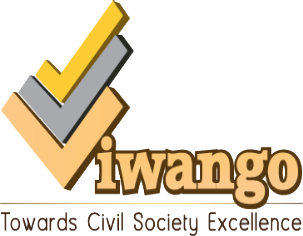8.1 Learning, Reflection and Sharing of Knowledge
The CSO has systems for management of information. This includes identification and documentation of key lessons, opportunities and innovations. Systems exist for participatory monitoring and evaluation. Individual learning activities complement organisational learning and inform strategy or plans. The organisation shares its findings and good practices with others in the sector. The lessons learned are documented and used for policy development influencing; programme planning, programme activities and resource mobilization.
8.2 Openness and Responsiveness
The CSO has existing systems, policies and procedures that encourage openness, trust, transparency and accountability to all stakeholders. The CSO detects and responds to changes in its internal and external environment.
8.3 Affiliation and Belonging
The organisation actively identifies with other like-minded organisations.
8.4 Leadership
The CSO’s leader’s style of working with stakeholders is one that encourages individuals to participate. Processes and procedures exist which encourage stakeholders to make informed decisions. A secure and reliable, and trustworthy feedback mechanism exists to encourage feedback from all stakeholders without exposing them to undue risk and harm. A consensus-building approach is displayed at all levels of leadership in the organisation.
8.5 Ethics
Organisational conduct and practice are guided by values and beliefs consistent with social, cultural and professional norms. The CSO has a code of ethics that governs its operations or subscribes to an existing code of ethics or principles of governance and operations, including respect for all human rights.
8.6 Diversity
The CSO recognizes and actively accepts the diversity that exists amongst its stakeholders. The CSO has policies and systems in place that support, enhance, and sustain diversity.

